Wheel and tire treadmills
The design and properties of wheel treads have a significant impact on ride comfort, smoothness, and other driving characteristics. Learn about the different materials used in the production of wheels and tires that influence their performance and durability.
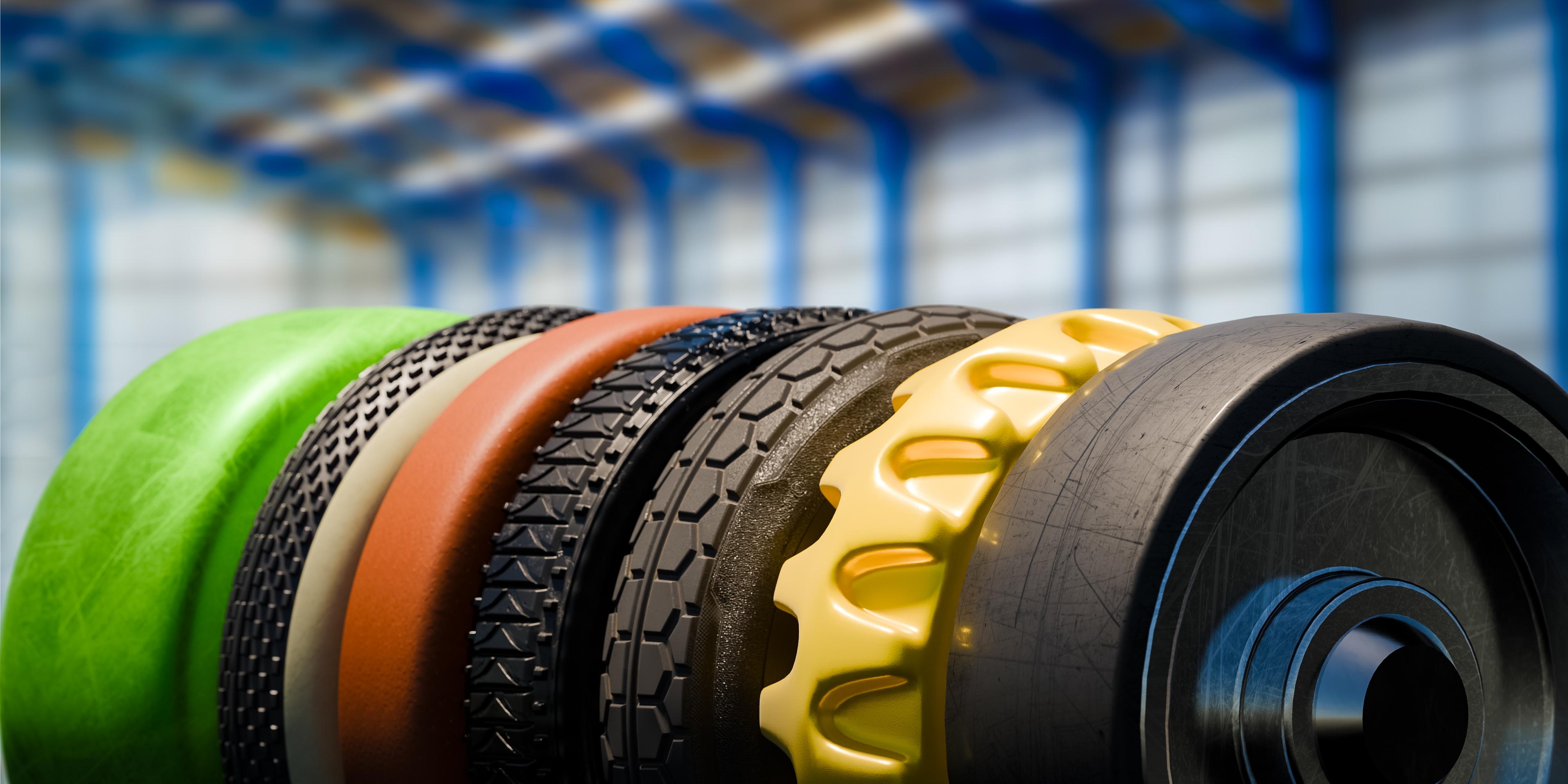
Key features
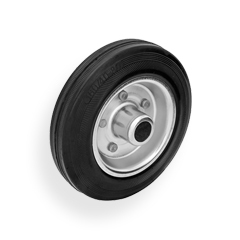
Solid rubber tires
Solid rubber tires offer quiet operation, minimal vibrations, and do not damage the surface, while providing low rolling resistance.
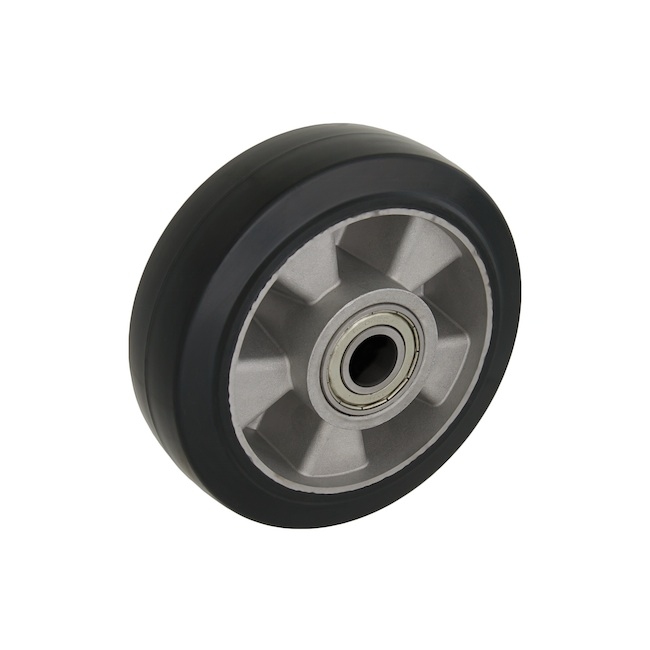
Elastic rubber tires
Elastic rubber offers the same advantages as standard rubber, additionally withstanding high loads, making it ideal for more demanding environments.
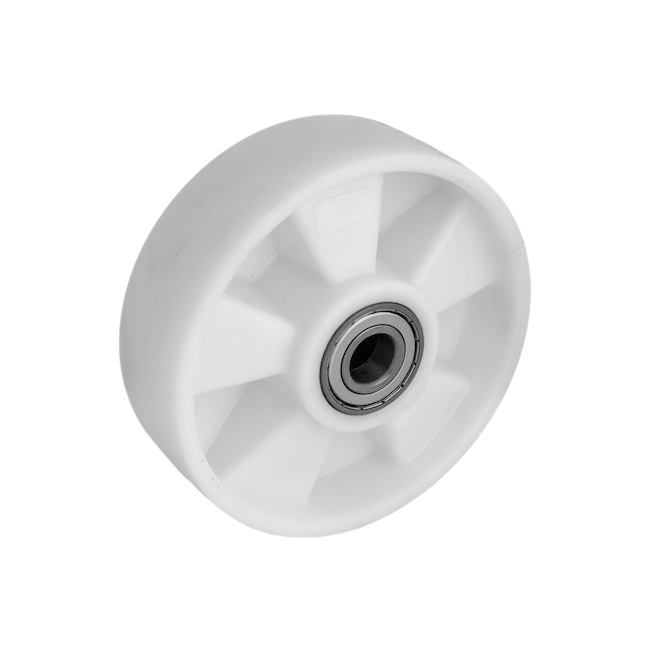
Nylon and polypropylene wheels
These wheels are resistant to moisture and chemicals, and also withstand high loads and exhibit low wear, making them suitable for use on smooth surfaces.
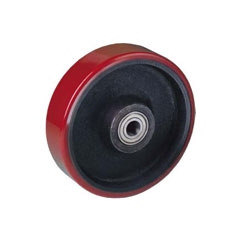
Polyurethane tires
Polyurethane tires combine low rolling resistance with high load resistance and low wear. They are resistant to cuts and tears and do not damage the surface, making them a versatile choice.
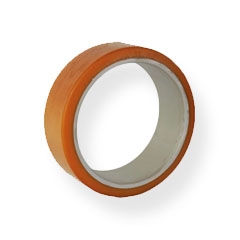
Vulkollan tires
Vulkollan tires have similar properties to polyurethane, but they also offer greater resistance to moisture, making them ideal for use in wet environments.
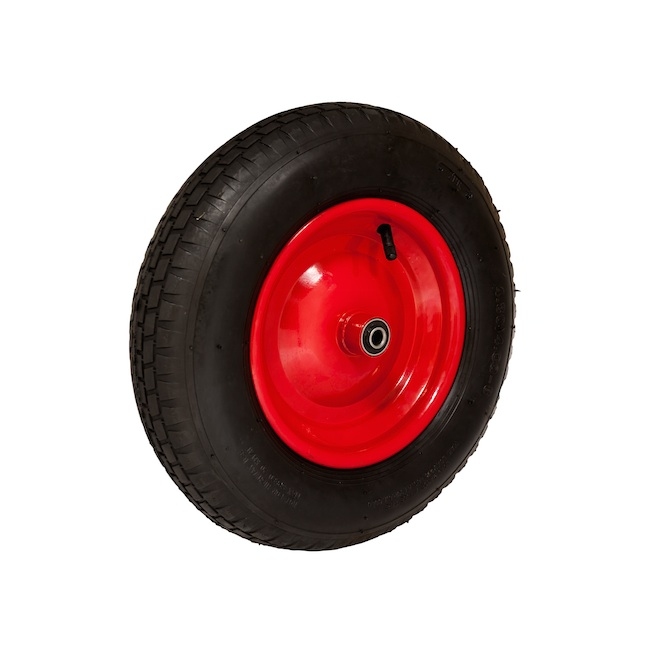
Pneumatic tires
Pneumatic tires are ideal for use on uneven surfaces, providing quiet operation and user comfort even in more challenging terrain conditions.
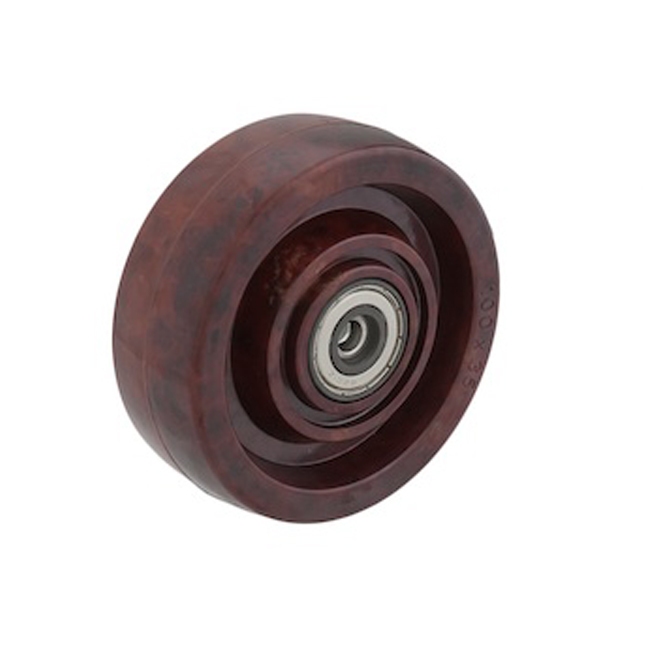
Wheels made of special fibers for extreme temperatures
These wheels are durable against extreme thermal conditions and chemicals, making them perfect for demanding industrial environments.
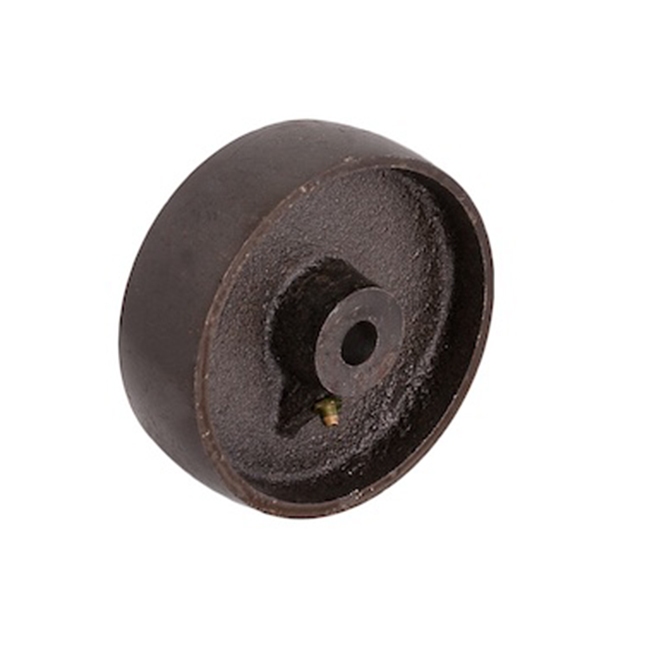
Cast iron wheels
Cast iron wheels are highly resistant to loads, extreme temperatures, and chemicals, with low wear, making them exceptionally durable and tough.
Choosing the right tread material for a wheel affects its performance, durability, and user comfort. Select the appropriate type of wheel to ensure optimal performance in your work environment.